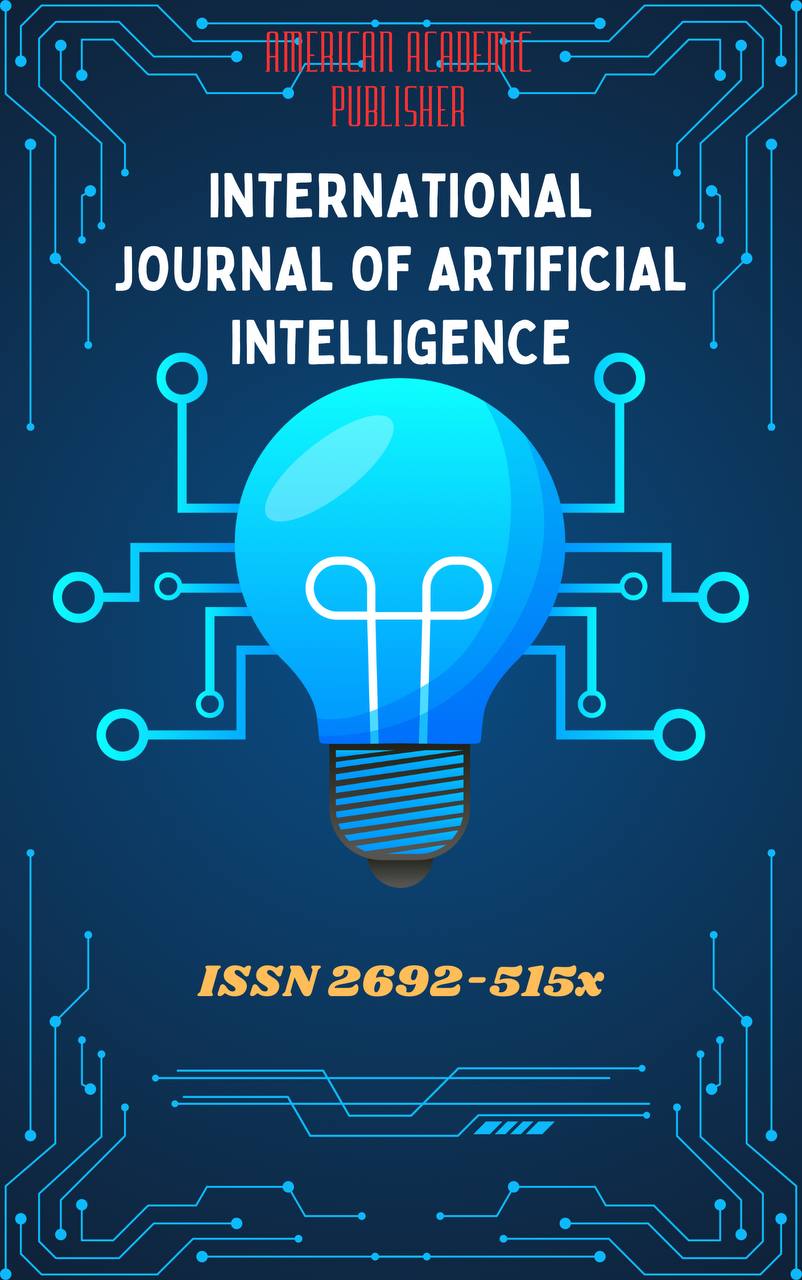 Articles
| Open Access |
Articles
| Open Access | LINGUOCULTURAL CHARACTERISTICS OF THE NAMES OF ENGLISH FAIRY TALE CHARACTERS
Ismatov Asliddin Fazliddin ugli , Independent researcher, associate professor of Renessance Education UniversityAbstract
This article explores the linguocultural characteristics of character names in English fairy tales, analyzing their linguistic origins, cultural symbolism, and narrative roles. It examines well-known examples such as “Jack” from “Jack and the Beanstalk,” “Cinderella,” and lesser-known characters like “The Black Bull of Norroway” to reveal how names reflect English societal values, traditions, and linguistic heritage.
Keywords
fairy tale characters, linguocultural analysis, naming conventions, English folklore, cultural symbolism, linguistic heritage.
References
Briggs, Katharine Mary. A Dictionary of British Folk-Tales in the English Language. London: Routledge, 1971.
Jacobs, Joseph. English Fairy Tales. London: David Nutt, 1890.
Opie, Iona, and Peter Opie. The Classic Fairy Tales. Oxford: Oxford University Press, 1992.
Yolen, Jane. Touch Magic: Fantasy, Faerie & Folklore in the Literature of Childhood. New York: Philomel Books, 1981.
Zipes, Jack. The Oxford Companion to Fairy Tales. Oxford: Oxford University Press, 2000.
Article Statistics
Downloads
Copyright License

This work is licensed under a Creative Commons Attribution 4.0 International License.

